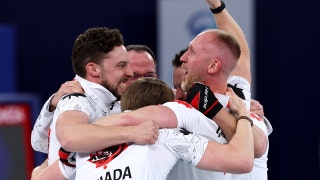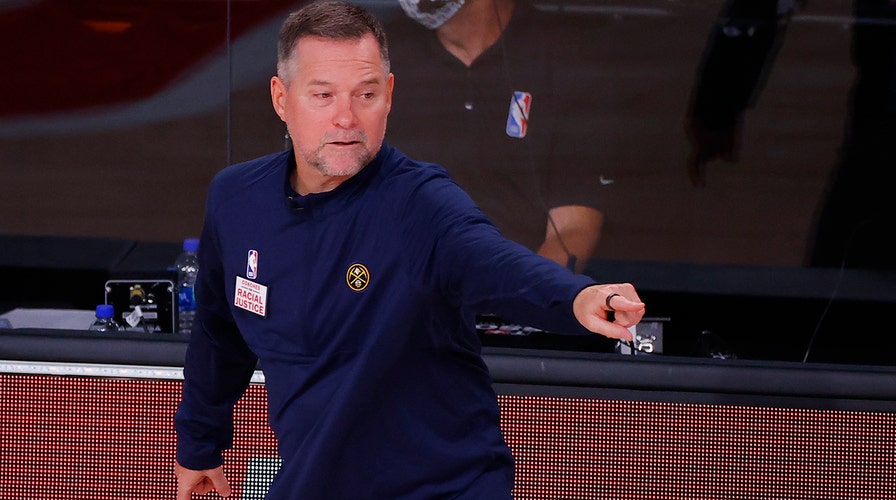Fox News Flash top headlines for August 26
Fox News Flash top headlines are here. Check out what's clicking on Foxnews.com.
Denver Nuggets coach Michael Malone reacted to the Wisconsin police shooting of Jacob Blake on Tuesday night before the team’s win over the Utah Jazz.
Malone was among the coaches and players in the NBA who have spoken out on the Blake shooting, which occurred over the weekend in Kenosha.
CELTICS' JAYLEN BROWN ON JACOB BLAKE AND WHAT HE NOW SEES IN HIS NO. 7 JERSEY
“I don’t know all the details but from the video I’ve seen this is just another unfortunate incident that continues to occur time and time again. I’m wearing a Black Lives Matter T-shirt, Black Lives Matter on these courts. But a T-shirt and a slogan on the court is obviously not doing anything to stop the vicious cycle that we see time and time again,” Malone said, according to The Athletic.
He offered his condolences to the families of Blake and Elijah McClain, who was shot and killed by police in Colorado
"We still have so much work to do. Outside the game of basketball, as a community, as a nation, and I hope we can get to a place that we don’t see this violence does continue to repeat itself time and time again,” he added.
“I'll be honest, I don't think there is anything that we can do here that is going to stop what is happening across this country, with the latest example being Kenosha. ... By being here, we are isolated and we can't help where maybe we need to help. It is frustrating for a lot of players, a lot of coaches, to be here.
“When we all packed our bags to come down here, we all vowed to make sure we kept the narrative, and the commentary and conversation on this moment, on this movement. And unfortunately, even if we weren't keeping that conversation going, the outside world will not allow it to go away because it continues to happen.”
CLICK HERE FOR MORE SPORTS COVERAGE ON FOXNEWS.COM
The shooting of Blake on Sunday in Kenosha was captured on cellphone video and ignited new protests over racial injustice in several cities, coming just three months after the death of George Floyd in Minneapolis touched off a wider reckoning on race and police brutality.









































